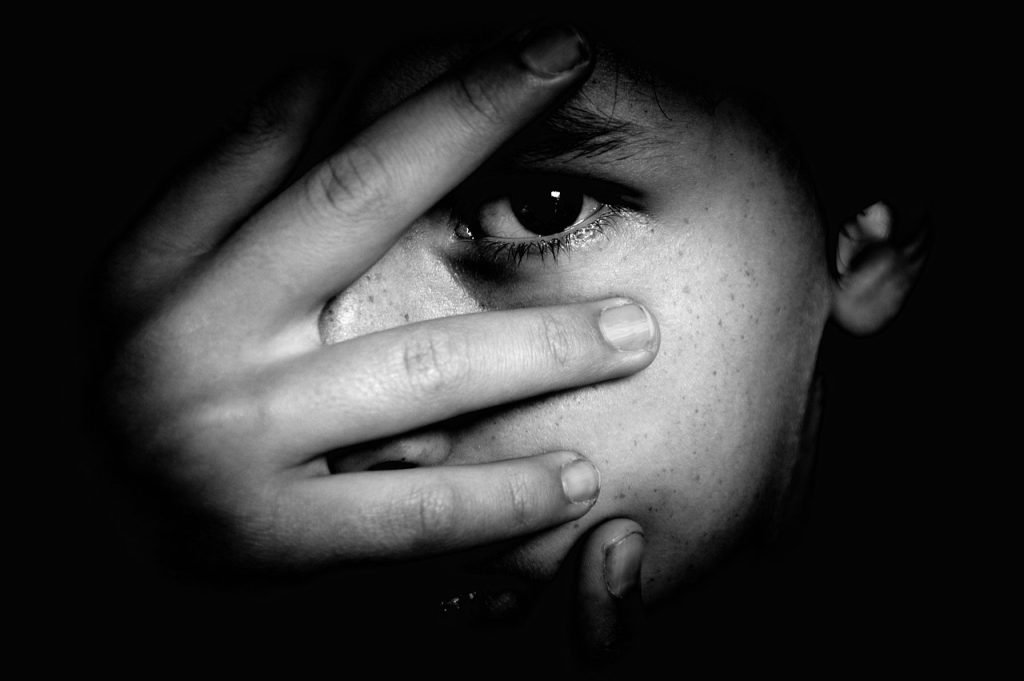Overcoming Fear of Struggling and Seeking Help
We live in a world that celebrates strength, resilience, and effortless success. Social media feeds are flooded with polished achievements, curated happiness, and stories of triumph—rarely the messy, uncertain, or painful moments in between.
But what happens when you’re the one struggling?
For many of us, there’s a deep, often unspoken fear: the fear of being seen as weak, incapable, or failing. We’d rather suffer in silence than admit we need help. We swallow our struggles, plaster on a smile, and tell everyone (including ourselves), “I’ve got this.”
But here’s the truth: struggling is human. And the fear of being seen in that struggle? That’s human, too.
Why Are We So Afraid to Be Seen Struggling?
This fear doesn’t come from nowhere. It’s shaped by:
1. Societal Conditioning – We’re taught that needing help = failure. Vulnerability is often mistaken for weakness rather than courage.
2. Perfectionism – The belief that we must have it all together to be worthy of respect or love.
3. Past Experiences – Maybe we were shamed for struggling before, or we saw others mocked for their vulnerabilities.
4. Fear of Burdening Others – “I don’t want to bother anyone” is a common thought, even though loved ones often want to support us.
The Cost of Hiding Your Struggle
When we refuse to admit we’re struggling, we:
- Isolate ourselves, deepening loneliness.
- Delay getting the help we need.
- Reinforce the belief that we should handle everything alone.
- Miss out on deeper connections, because true relationships require honesty.
How to Start Admitting You Need Help (Without Shame)
Breaking this cycle isn’t easy, but it’s possible. Here’s how:
1. Recognise the Stories You Tell Yourself
- “If I admit this, people will think less of me.”
- “I should be able to handle this alone.”
Challenge these thoughts. Would you judge a friend for struggling? Probably not. Extend that same kindness to yourself.
2. Normalise the Ask
Start small:
- “I’ve been having a hard time with ___. Can I talk to you about it?”
- “I don’t know how to handle this—do you have any advice?”
Asking for help is a skill, and like any skill, it gets easier with practice.
3. Reframe Vulnerability as Strength
Brené Brown’s research shows that vulnerability is the birthplace of connection. Admitting struggle isn’t weakness—it’s courage.
4. Find Safe People
Not everyone deserves your vulnerability, but some people will hold space for you. Start with those who have earned your trust.
5. Let Go of the “Perfect Struggle” Myth
Some people wait to ask for help until they’re completely falling apart. You don’t have to hit rock bottom to deserve support.
Final Thought: Your Struggle Doesn’t Make You Less—It Makes You Real
The next time you feel that familiar shame creeping in when you think about asking for help, pause. Ask yourself:
- What would I tell a friend in this situation?
- What kind of life do I want—one where I pretend I’m fine or one where I’m truly supported?
You don’t have to have it all together. You just have to be brave enough to say, This is hard for me right now.”
And that? That’s where healing begins.
What’s one small way you can practise sitting with struggle this week?
Share in the comments—you might inspire someone else to do the same.

